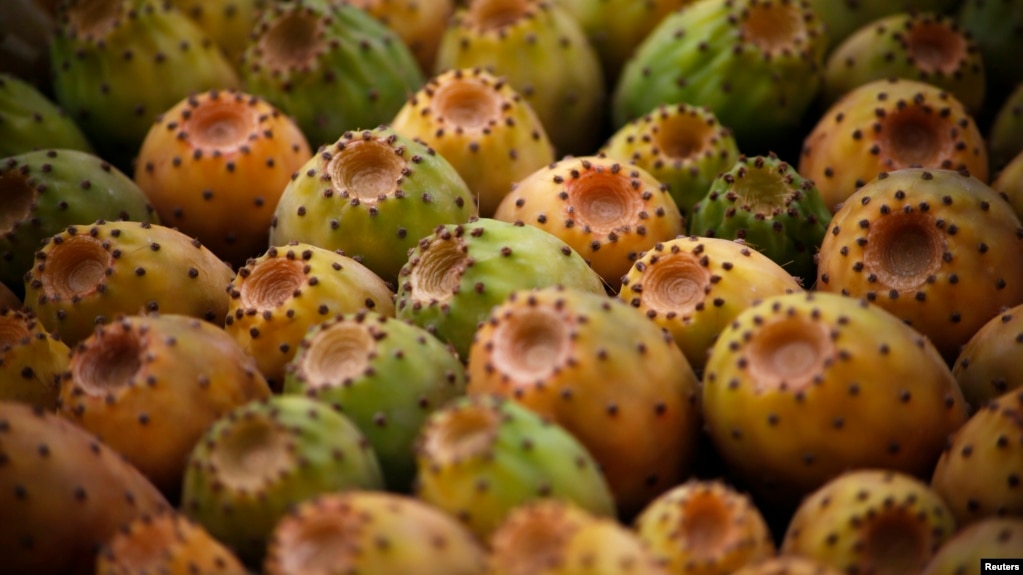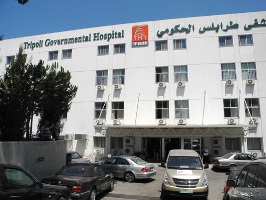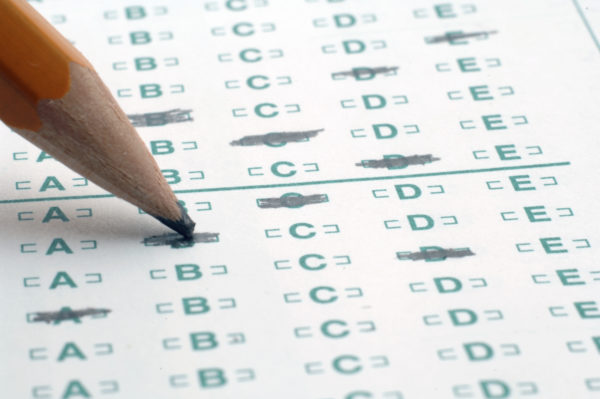FEAST OF SAINT MARON — الشهادة والشهداء
Minneapolis, February 12, 2017 – by Chorbishop Sharbel Maroun
Today falls the Sunday of the Righteous and Just or All Saints on our
liturgical calendar. And what better is than celebrating the Feast of
our own Saint Maron, the Father of the Maronite Church and the Patron of
our parish here in Minneapolis?
It was in the year 410AD that Saint Maron died, and it was 1903 that our parish of Saint Maron in Minneapolis was born.
We come from a Church, a branch of Christianity that has paid a big
price so that you and I can have this precious gift of faith.
The Maronite Synod of Bishops has designated this year starting February
9, the Feast of Saint Maron, as “The Year of Witness and Martyrsالشهادة
والشهداء ”
In the semetic languages the words witness and martyr come from the same root.
One of the definition of a witness is “one who has personal knowledge
of something.” When you have a personal knowledge of your faith you are a
witness sharing your belief with others.
A martyr on the other hand
is a witness who goes a step further that most often leads him or her
to the point of total self-sacrifice.
“Witness and Martyrs
الشهادة والشهداء” Two deep words that have a deep meaning in the
Maronite Church. The list of martyrs is very long, and there are
hundreds of thousands of martyrs that are not known to us. Starting with
the 350 Maronite monks who were martyred in the in the year 517. From
there the waves of persecution and the number of martyrs increased
dramatically. But they continued to witness and become martyrs شهدوا
واستشهدوا
Around 635AD, Damascus, Baalbek, Tyre, Sidon, Byblos, and
many other cities fell to Arab invaders. The Maronite churches and
villages in northern Syria were destroyed and many Maronites were
massacred. Under the leadership of the first Patriarch John Maron, the
Maronites fled to Lebanon for protection to be with other Maronites who
were already established in the mountains and the Holy Valley. But they
continued to witness and become martyrs شهدوا واستشهدوا
In
1097 the Crusaders set off from Europe to deliver Jerusalem from the
hands of Islam. A large number of Maronites joined them on their journey
to liberate the Holy Land. It is estimated that during the Crusades
50,000 Maronites fell in battle under the standard of the Cross. But
they continued to witness and become martyrs شهدوا واستشهدوا
By 1291 the Crusaders were all but defeated and left the Middle East and
the Maronites were left behind to witness and become martyrs شهدوا
واستشهدوا
Starting in the late 13th century, the Mamluk Islamic
Dynasty ruled Lebanon. This was one of the harshest period of
persecution. General anti-Christian feeling was channeled against the
Maronites. They suffered every humiliation, their Churches were set on
fire, their villages plundered, and their vineyards destroyed. The
Mamluk army went deep into the Maronite heart land and demolished
Besharri, Ehden, Hadath El Jubbah. But they continued to witness and
become martyrs شهدوا واستشهدوا
The Maronite Patriarchs themselves
over the years also had their share of the general misfortune, suffering
as much as any. One was tortured, another harassed, another compelled
to flee, another put on trial, and one of them in 1367, patriarch
Gabriel Hjoula, was burnt alive in downtown Tripoli. His tomb still
stands in Bab el Ramel, at the gates of Tripoli. In 1402, there was
great hardship. Many of the dead remained without burial, many of which
died of hunger. It was a tragedy without parallel.” (DOUAIHY, The
Annals,338). But they continued to witness and become martyrs شهدوا
واستشهدوا












